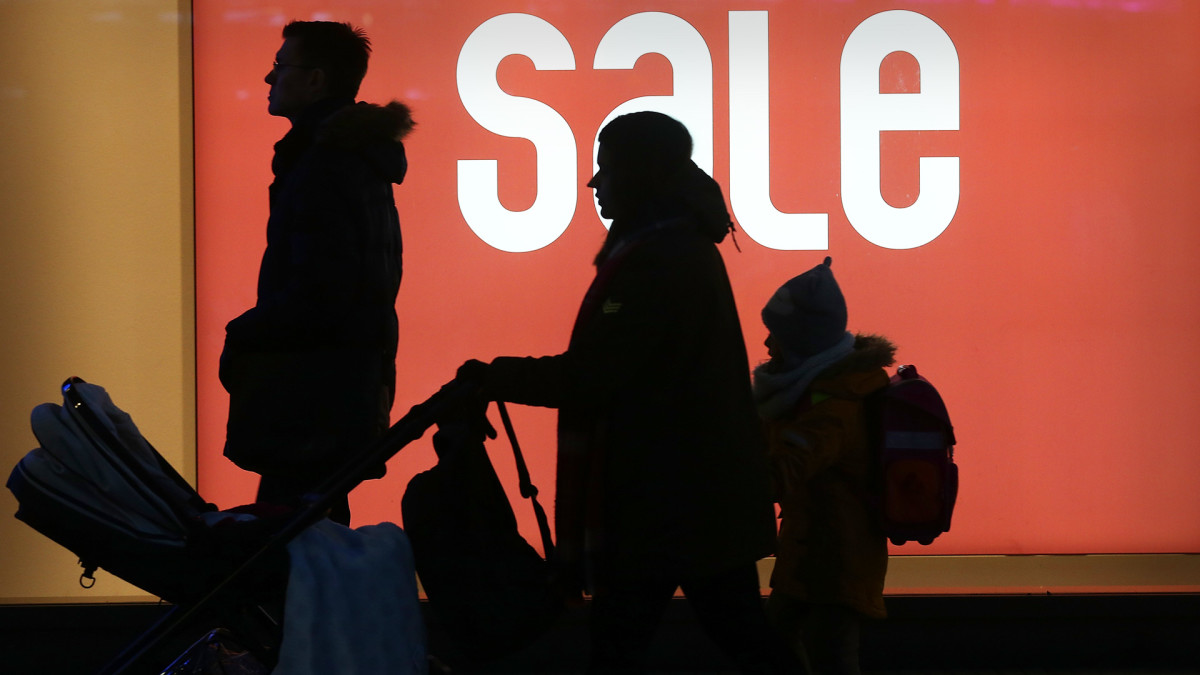
Just because something becomes a viral sensation does not mean that the underlying company will be successful. That's especially true for companies that sell one-time-purchase items.
Sure, seemingly everyone might buy one, but once that surge is done, the company loses its core revenue source. It's rare that a viral brand will have a second hit and that one or more successful products that don't come with recurring revenue can survive as a long-term business.
DON'T MISS: Popular sneaker, athletic brand closes U.S. stores and website
In many ways, the covid pandemic created a lot of brands like this. Peloton (PTON) -), for example, benefited from people being stuck at home. They bought the exercise bike and even paid a recurring fee for classes, but after an initial surge of sales, the company had no new customers to go after.
It has pulled much of its demand forward and had a backlog of bikes in its warehouses that few people wanted. Peloton, at least had the ongoing revenue from its subscription service, but other companies weren't so lucky.
During the dark covid lockdown days, many people turned to their kitchens for entertainment and comfort. A lot of folks began making sourdough bread, while others tried that whipped instant coffee, which was briefly a sensation.
In addition, many people bought new appliances and kitchen gadgets including the Instant Pot, a modern take on a pressure cooker. For multiple holiday seasons, Instant Pots were flying off shelves, but its parent, Instant Brands, hit a wall when the pandemic (or at least people staying at home) ended.
The company, which had been majority-owned by private equity firm Cornell Capital since 2019, filed Chapter 11 bankruptcy in June. Faced with debt that it could not manage, the plan was to sell the brand, and Insta Pot fans will be very happy to know that has happened.

Image source: Sean Gallup/Getty Images
Instant Pot has a new owner
Instant Pot was a sales driver for retailers including Target (TGT) -) and Walmart. The problem is that even though the gadgets, and some of the company's other brands including Corelle and Pyrex, proved popular, once you owned an Instant Pot you weren't likely to need another for at least a few years.
Unlike a Keurig coffeemaker, where the company can add fancier features, Instant Pots were inherently simple. They had some programming bells and whistles, but they are basically just pressure cookers that are easier to use than the traditional ones.
It was an unsustainable model, which led to the bankruptcy filing. Now, after a competitive auction, the brand has a new owner. Instant Brands has been sold to private-equity firm Centre Lane Partners, according to a news release.
"We believe our Company's sale to Centre Lane Partners represents the best path forward for our customers, retail partners, suppliers, and employees," said Instant Brands Chief Executive Ben Gadbois.
The sale is expected to keep the company functioning and supporting all its brands, which also include Snapware, CorningWare, Visions, and Chicago Cutlery.
Instant Brands will be purchased by Centre Lane in two separate transactions.
The transactions are subject to regulatory approval and other closing conditions in the U.S. and Canada. Both transactions are expected to close in the fourth quarter of 2023.
Around 90% of American homes (and many more around the world) have an Instant Brands product, according to the company. This deal will allow the company to continue to support those brands going forward.
The size of the Instant Pot market, which would include versions not made by Instant Brands, was estimated to be $4.7 billion in 2022. That was expected to double by 2031, according to Transparency Market Research.







